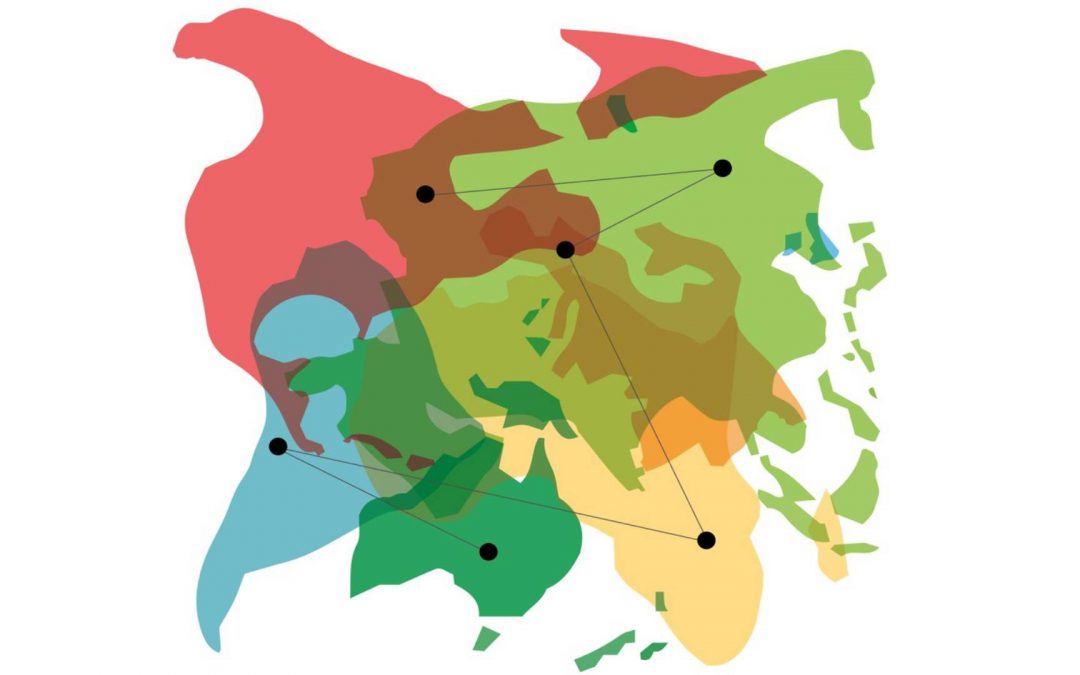For its last session of the semester, on Thursday May 2 from 5 to 6.30pm, the ICT seminar will focus on an increasingly important historical approach: the history of sensibilities and emotions.

© Reserved rights
When ?
2nd May 2024, 5h PM to 6.30PM
Registration to zoom
To write to seminaire.ict@gmail.com
À lire aussi

28th November 2024, presentation of the book: Pescando guindas en la siesta
Hebe Vessuri, a member of GRIP's Scientific Council, presents her latest book the 28th November 2024: Pescando guindas en al siesta, editorial SB. © Reserved rights Hebe Vessuri, presents her latest book the 28th November 2024:...

27th November, international symposium SEOSA
The international symposium Societal engagement of organizations and sustainability in Africa: catalysts for resilience in theface of multiple crises? SEOSA will take place the 27th November 2024 in Tunis. © Reserved rights The...

26th and 27th November -24 hours of the same world
24 hours of the same world: what has changed with globalization over the past 25 years? Tuesday November 26 to Wednesday November 27, 2024. The event will end up with a musical intervention and a cocktail ! © Dix-milliards-humains...

CAHIER GRIP : SEMANTIC MAPPING
GRIP has just published its second cahier of SEMANTIC MAPPING. This booklet is the result of work begun in 2021. We're proud to share it with you! © Reserved rights GRIP has just published its second cahier of SEMANTIC MAPPING. This...
